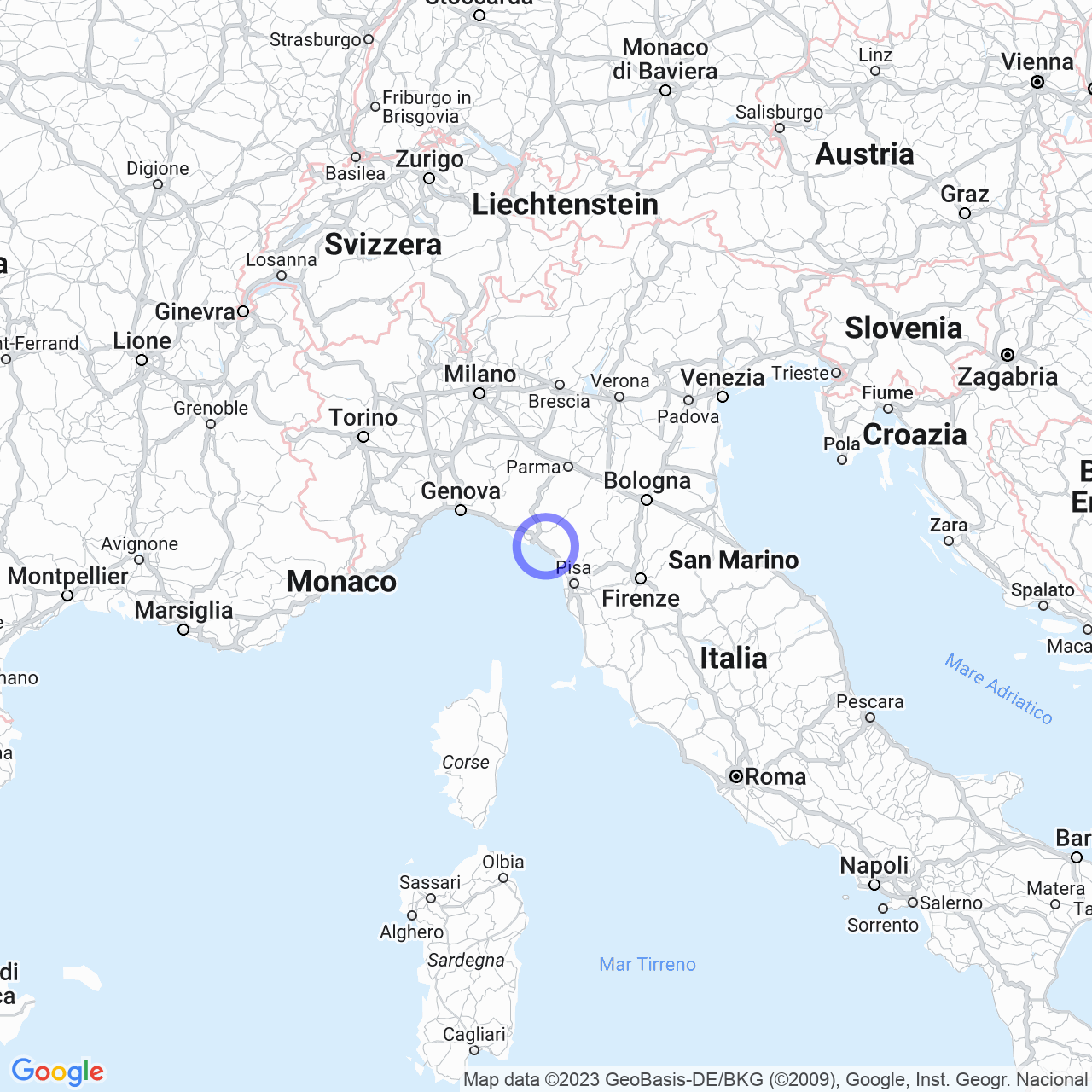Ortonovo
Luni: a brief introduction
Hello everyone! Today I would like to talk to you about a beautiful municipality in the province of La Spezia, located in the Liguria region: Luni, formerly known as Ortonovo until 2017. Luni is a scattered municipality with about 8,129 inhabitants and is located at the foot of the Apuan Alps, in the extreme part of the Riviera di Levante. Just because it borders the province of Massa-Carrara, in Tuscany, Luni is the easternmost Ligurian municipality.
Physical geography
The municipal territory of Luni is very varied: the historic center of Ortonovo is located on one of the hills that open up towards the plain of the Magra river. Much of the Lunense territory develops in the hilly areas, while to the southwest there is a valley that insinuates itself between the hills, where the town of Casano is located, which hosts the municipal headquarters. The top of the hill to the southeast hosts the village-fraction of Nicola, while on the other side is the hilly area called Monticelli, almost uninhabited but cultivated.
All the rest of the municipality now constitutes a single inhabited center of almost seven thousand inhabitants that groups together the hamlets of Casano, Dogana and Isola, and develops in the flat area, which opens up to the southwest of the Casano valley and is part of the Magra valley. Despite its proximity to the sea, the municipality does not have access to the sea because, to the south, there is the locality of Marinella di Sarzana, a hamlet of Sarzana.

The history of Luni
The name "Luni" would derive from its consecration to the Roman goddess Luna, perhaps by Marco Emilio Lepido, consul of 187 BC, who participated in the founding of the colony in 177 BC. The appellation is probably due to an epithet of Diana Lucifera, and would also be related to the sickle shape of the city's former port.
The connection with Luna, however, would not only be attributed to the assimilation of the goddess to the night sky, but also to the special and "wild" character of Artemis-Diana, the divinity of uncultivated places such as swamps. In fact, the Celtic-Ligurian etymology of Lun or Luk could refer to the term "swamp". The fact that both the colonies of Luna and Lucca were originally surrounded by extensive marshy areas that the Romans managed to reclaim over the centuries would confirm this hypothesis.
The locality of Luni Scavi, also known as Luni Antica, houses the ruins of the ancient colony of Luna and the National Archaeological Museum of Luni.
In conclusion
In summary, Luni is a Ligurian municipality with a very interesting history dating back to the time of Ancient Rome. Its location at the foot of the Apuan Alps and near the coast makes the municipal territory varied and suggestive. If you love history and nature, you cannot miss visiting this beautiful municipality!
